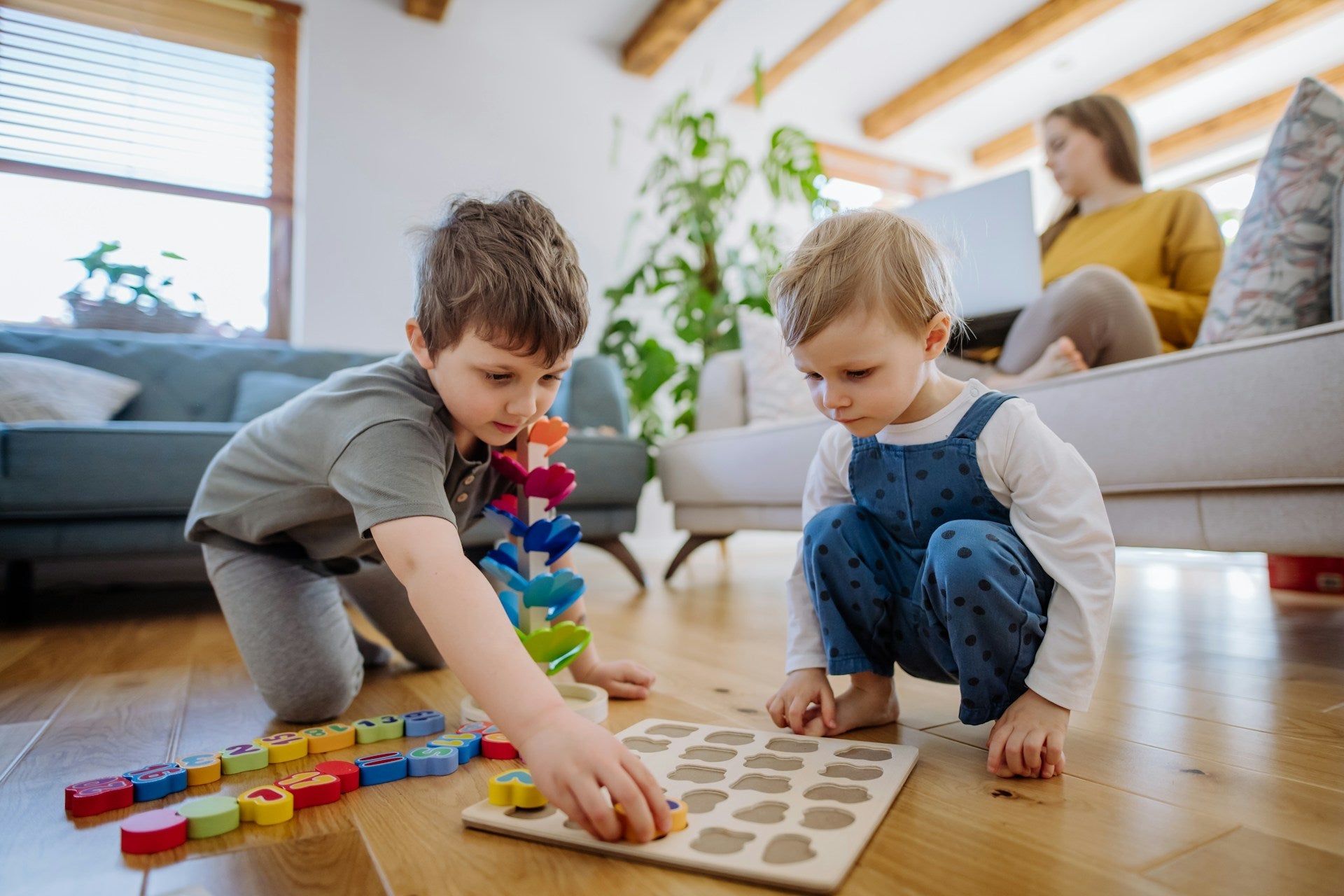Overcoming Common Challenges in Early Child Development

Early childhood is a time of wonder and rapid growth, but it's also a period when children face various developmental challenges. Recognizing these challenges early on is vital for guiding children through their journey smoothly. Early intervention can make a big difference in how kids develop essential skills and adapt to new experiences.
Parents and caregivers play a crucial role in spotting and addressing these challenges. By being attentive and proactive, they can foster an environment that nurtures a child's emotional, social, and cognitive growth. This support is key to helping kids overcome hurdles and build resilience.
Navigating early childhood can feel overwhelming, but understanding common challenges and knowing how to address them can empower parents. With the right strategies, you can make this journey enjoyable and fulfilling for both you and your child, setting a strong foundation for future development.
Identifying Early Developmental Challenges
Early childhood is a period filled with important milestones, but it also comes with its unique set of challenges. Common developmental challenges include delayed speech, difficulties in social interactions, and fine or gross motor skill delays. Some children may struggle with learning behaviors or show signs of sensory sensitivities. Early recognition of these challenges is crucial as it allows for timely intervention, which can significantly influence a child’s developmental trajectory.
Early detection relies heavily on vigilance and awareness from parents and caregivers. Regular monitoring of developmental milestones helps in identifying potential issues. For example, if a child isn't babbling by certain months or struggles to grasp objects, these might be signs worth discussing with a pediatrician. Intervention at this stage can include speech therapy, occupational therapy, or other developmental support tailored to the child's needs.
Parents are an integral part of the detection process. Observant parents and caregivers provide valuable insights into their child’s development. By fostering open communication with healthcare providers and educators, they can ensure that early concerns are addressed efficiently. Being proactive about seeking advice and resources can help mitigate challenges before they become significant hurdles, giving children a better chance to thrive in their formative years.
Strategies for Supporting Emotional and Social Growth
Fostering emotional resilience and social skills in young children is vital for their overall development. Children benefit from techniques that help them understand and manage emotions. Simple activities like role-playing different emotions with toys or discussing feelings during stories can promote emotional literacy. Additionally, creating an environment where children can express themselves freely and feel understood further builds resilience.
Healthy social interactions are equally important. Parents can help their children by arranging regular playdates, which offer opportunities to practice sharing, taking turns, and cooperating. Teaching children to use polite words like "please" and "thank you" can also set the stage for respectful interactions. Encouraging participation in group activities such as storytime or music classes can further enhance social skills.
Play plays a key role in emotional and social development. Through play, children learn to navigate interpersonal relationships and build empathy. Games that involve teamwork or problem-solving can boost confidence and cooperation. Providing a variety of play options, whether it's imaginative play with puppets or structured games, allows children to explore different social scenarios in a safe environment. By focusing on emotional and social development, parents can help their children build a strong foundation that supports lifelong skills and relationships.
Enhancing Communication and Language Skills
Helping children develop strong communication and language skills is a cornerstone of early childhood development. Parents can encourage language growth through everyday conversations. Speaking clearly, asking open-ended questions, and actively listening to a child’s responses promote engagement. It’s important to create a language-rich environment where children feel safe to express themselves.
Simple activities can boost vocabulary and communication skills. Singing songs, playing word games, and having themed conversations during daily routines are effective methods. Storytelling is particularly beneficial, as it stimulates imagination and enhances understanding of language structure. Parents can narrate their own stories or encourage children to make up their own, which strengthens narrative skills and creativity.
Reading is a powerful tool in language acquisition. Maintaining a daily reading routine helps children connect words to images, expanding their vocabulary and comprehension. Selecting a variety of books appropriate for the child’s age keeps them interested and challenged. The shared experience of reading not only builds language skills but also strengthens the bond between parent and child, fostering a love for reading and continuous learning.
Promoting Physical and Cognitive Development
Physical and cognitive development are interlinked and essential for a child’s growth. Activities that support physical coordination enhance strength and balance. Playing tag, climbing structures, and jumping games are effective for improving gross motor skills. Fine motor skills can be nurtured through activities like beading, drawing, and manipulating small objects like clay.
Stimulating cognitive growth involves engaging children in activities that challenge their thinking and problem-solving abilities. Puzzles, matching games, and building blocks encourage logical thinking and spatial awareness. Such activities promote concentration and patience, key components of cognitive development.
Montessori-inspired activities provide excellent opportunities for enriching learning. For example, sorting objects by size, color, or shape refines classification skills. Practical life activities like pouring liquids or buttoning clothes enhance both physical coordination and cognitive planning. These activities resonate with the Montessori philosophy, emphasizing hands-on learning through exploration and discovery.
Conclusion: Supporting a Child’s Developmental Journey
Navigating the early years of a child's life presents both challenges and deeply rewarding moments. By understanding and addressing common developmental issues, parents can provide effective support and foster a nurturing environment. Investing time in their emotional, social, and cognitive growth ensures children build a robust foundation for future success.
Hatchberry is here to support you on your parenting journey. With our expert guidance and time-tested Montessori products, we provide the resources you need to raise your child the Montessori way. Explore our offerings to nurture your child’s development with confidence and joy.








